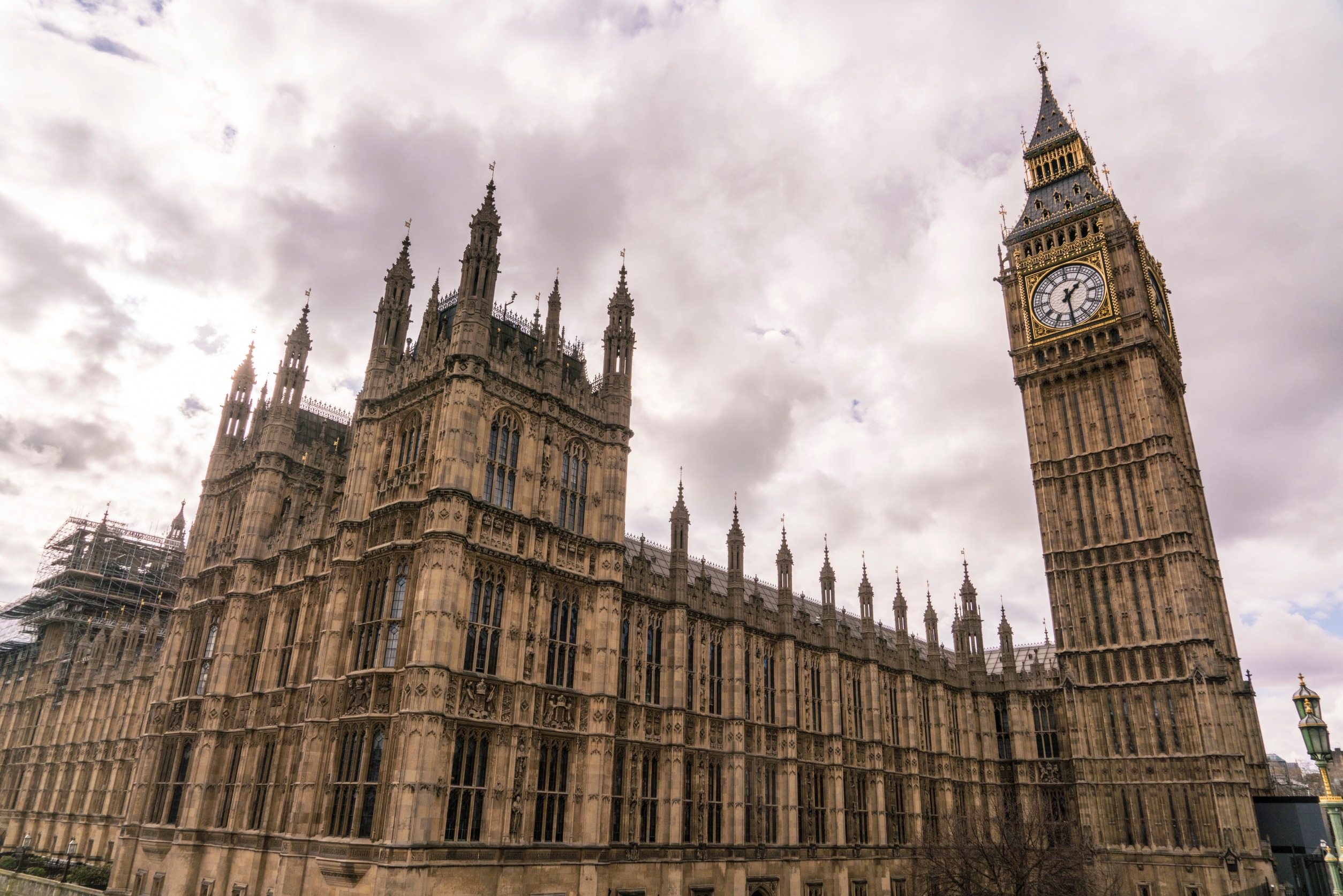BY THE OPTIMIST DAILY EDITORIAL TEAM
Britain has elected its most diverse parliament in history, signaling a substantial shift in representation as Prime Minister Keir Starmer enters office after a landslide victory. This election ended 14 years of Conservative rule and introduced unprecedented diversity to the House of Commons.
Achieving more racial and ethnic diversity
According to British Future think tank research, Black, Asian, and ethnic minority parliamentarians will now make up roughly 13 percent of the House of Commons, up from 10 percent in 2019. This is the highest proportion of representatives from underrepresented groups ever seen in the House of Representatives. “The 2024 election is a landmark for representation, with record diversity in our parliament, closer than ever to that of the electorate,” said Sunder Katwala, director of British Future.
Minority representation in Britain’s parliament has increased from zero to roughly one in every seven parliamentarians in the 44 years since the birth of outgoing Prime Minister Rishi Sunak. However, the share still does not fully reflect the diversity of the population, as around 18 percent of people in England and Wales come from a Black, Asian, mixed, or ethnic minority background, according to official data.
Record female representation
The new parliament will also have a record number of female legislators, with 242 women elected, 22 more than in the last election. This achievement comes nearly four decades after Labour’s Diane Abbott became Britain’s first Black female legislator in 1987, when there were just 41 women in the House of Commons. Abbott, who was re-elected to her seat in northeast London, will now have the honorary title of ‘mother of the house’ as the longest-serving female minister.
Labour’s victory and diverse representation
In Thursday’s parliamentary election, Labour won around 412 seats, giving the party a 174-seat majority. The new ruling party will have the most ethnic minority MPs, with 66 of the 87 seats elected. However, it is uncertain how much this diversity will be reflected in Prime Minister Starmer’s cabinet. Shadow Foreign Affairs Minister David Lammy, Justice Minister Shabana Mahmood, and Energy Minister Ed Milliband are among the senior politicians expected to come from ethnic minority backgrounds.
The Conservative Party’s diversity legacy
Despite its defeat, the Conservative Party maintains a strong record of cabinet diversity. Rishi Sunak’s final statement as prime minister emphasized the country’s appreciation of diversity. “One of the most remarkable things about Britain is just how unremarkable it is that two generations after my grandparents came here with little, I could become prime minister,” said Sunak, the country’s first British-Indian leader. The Conservative Party also produced three female prime ministers.
New milestones for government roles
Despite the Conservative Party’s history, Labour is making new ground with Rachel Reeves becoming Britain’s first female Chancellor of the Exchequer. This appointment marks another step toward gender equality in the UK’s highest offices.
The 2024 UK parliamentary election established a new standard for diversity and representation. With a record number of women and ethnic minority MPs, the newly elected parliament is getting closer to reflecting the diversity of the British people. The nation is watching attentively to see how Prime Minister Keir Starmer will represent diversity in his cabinet.











